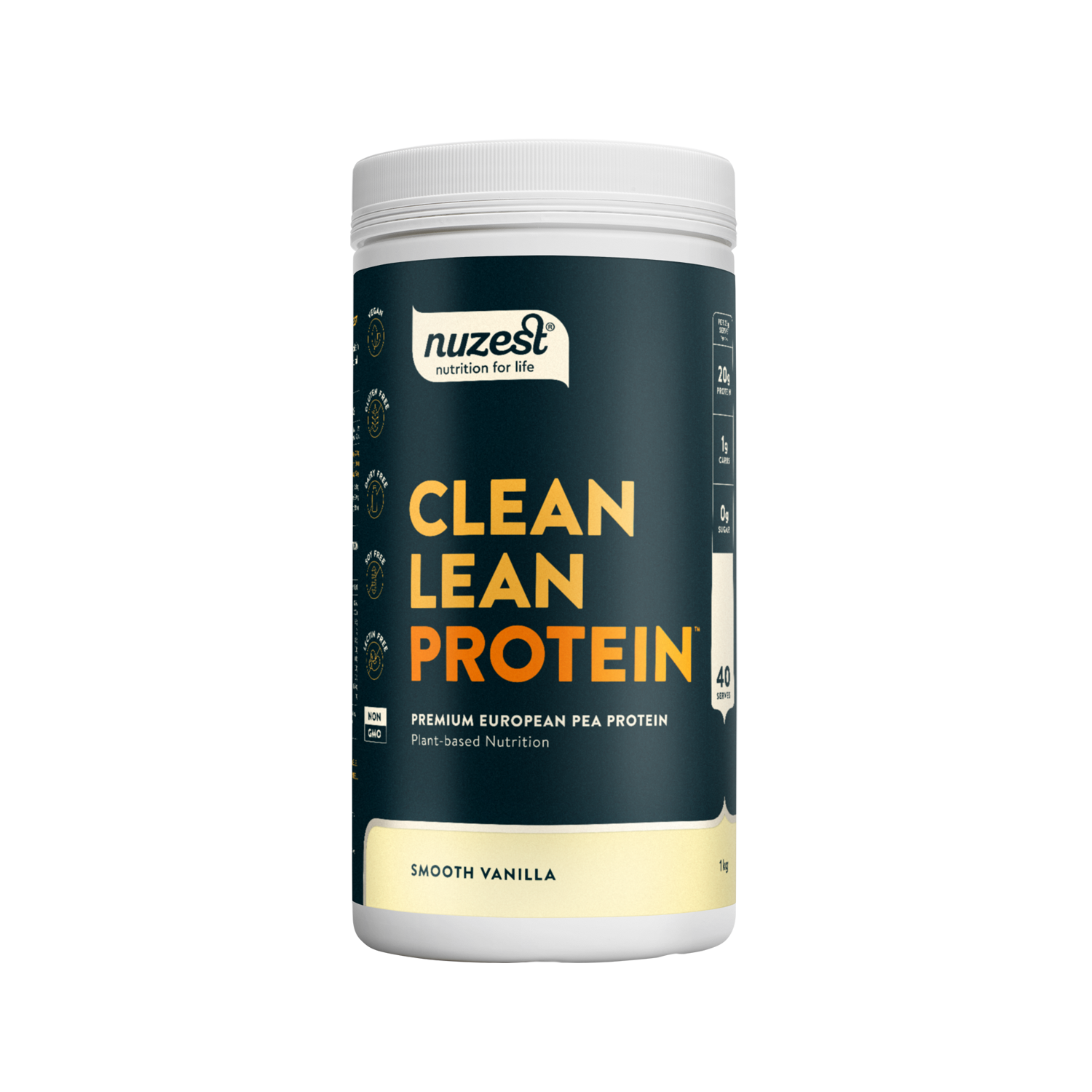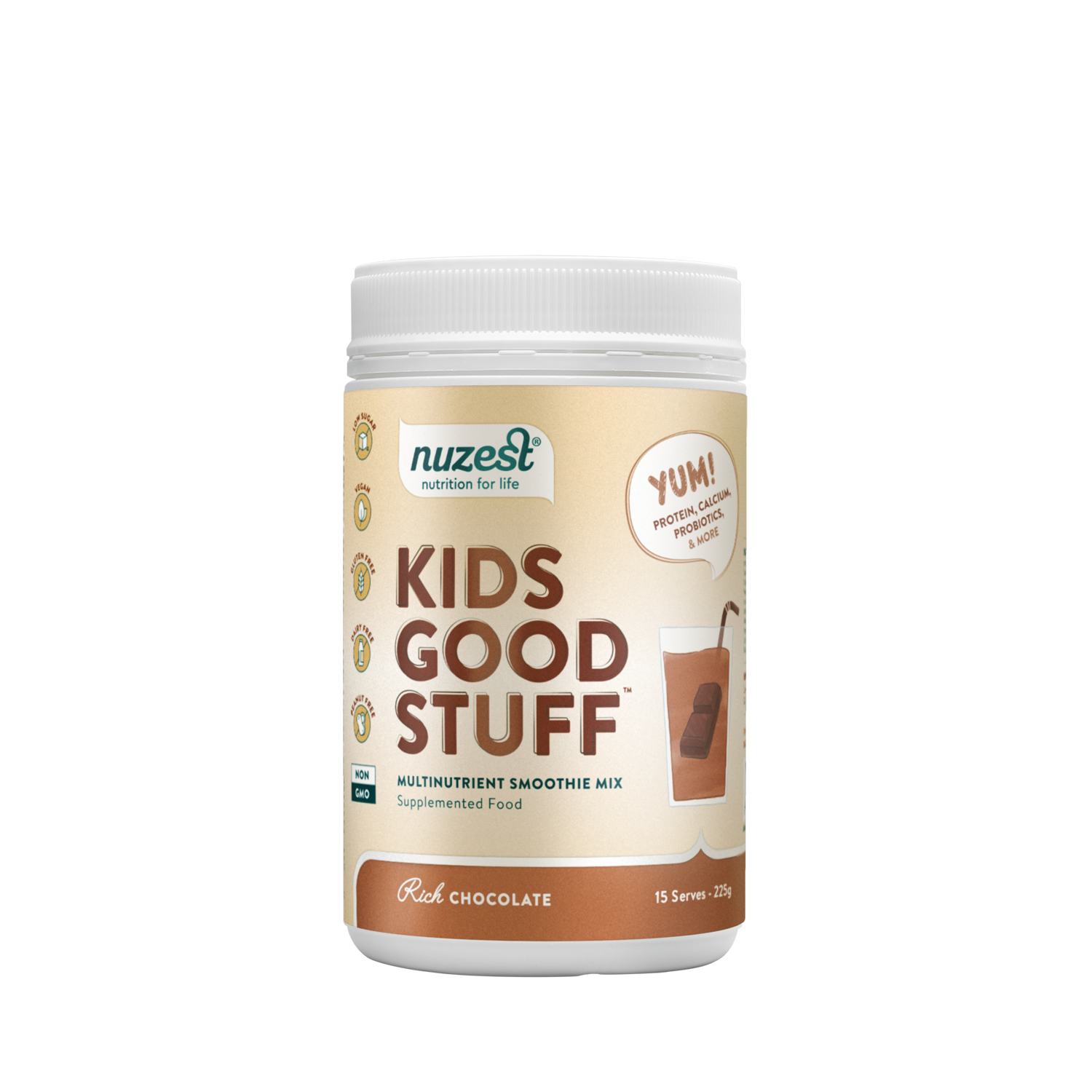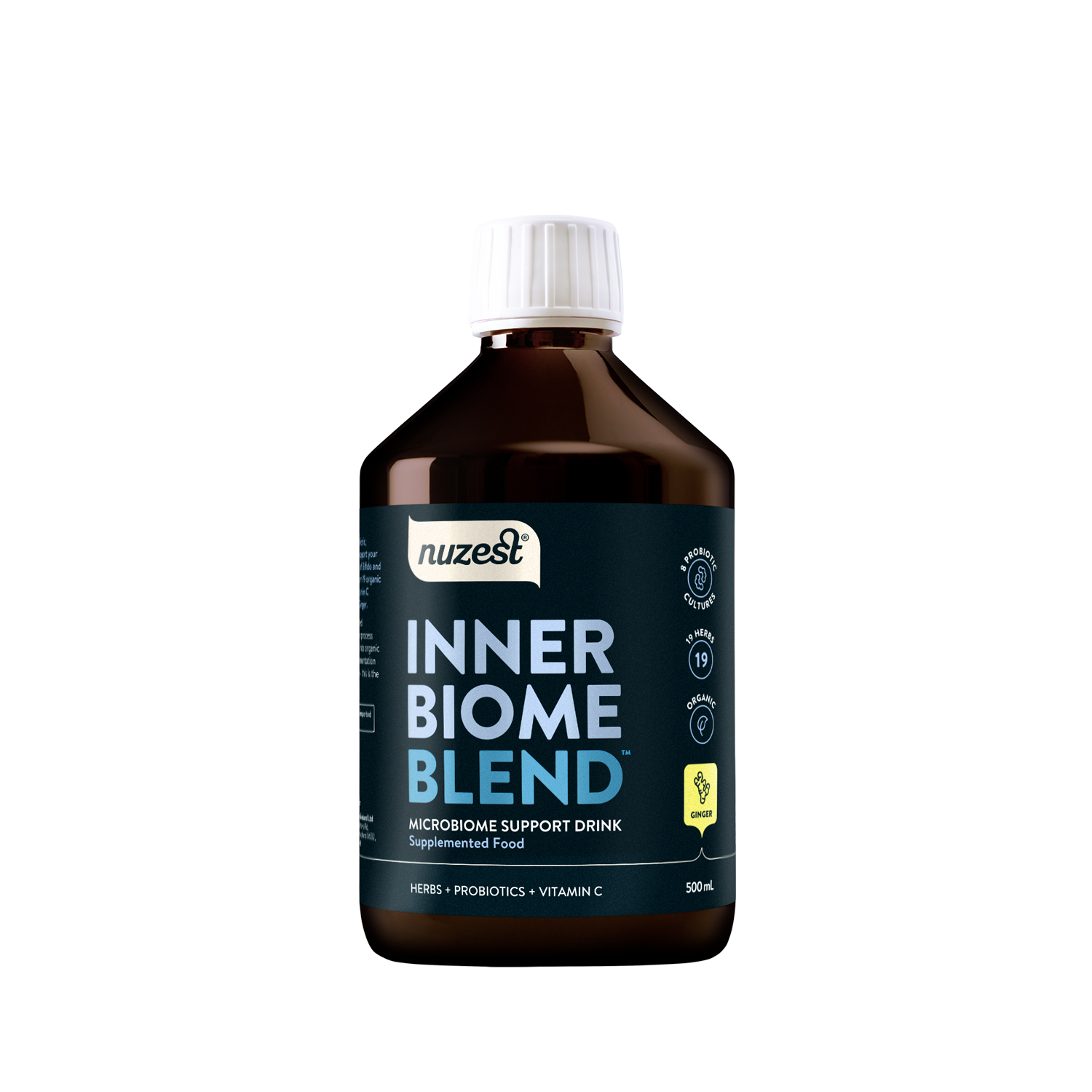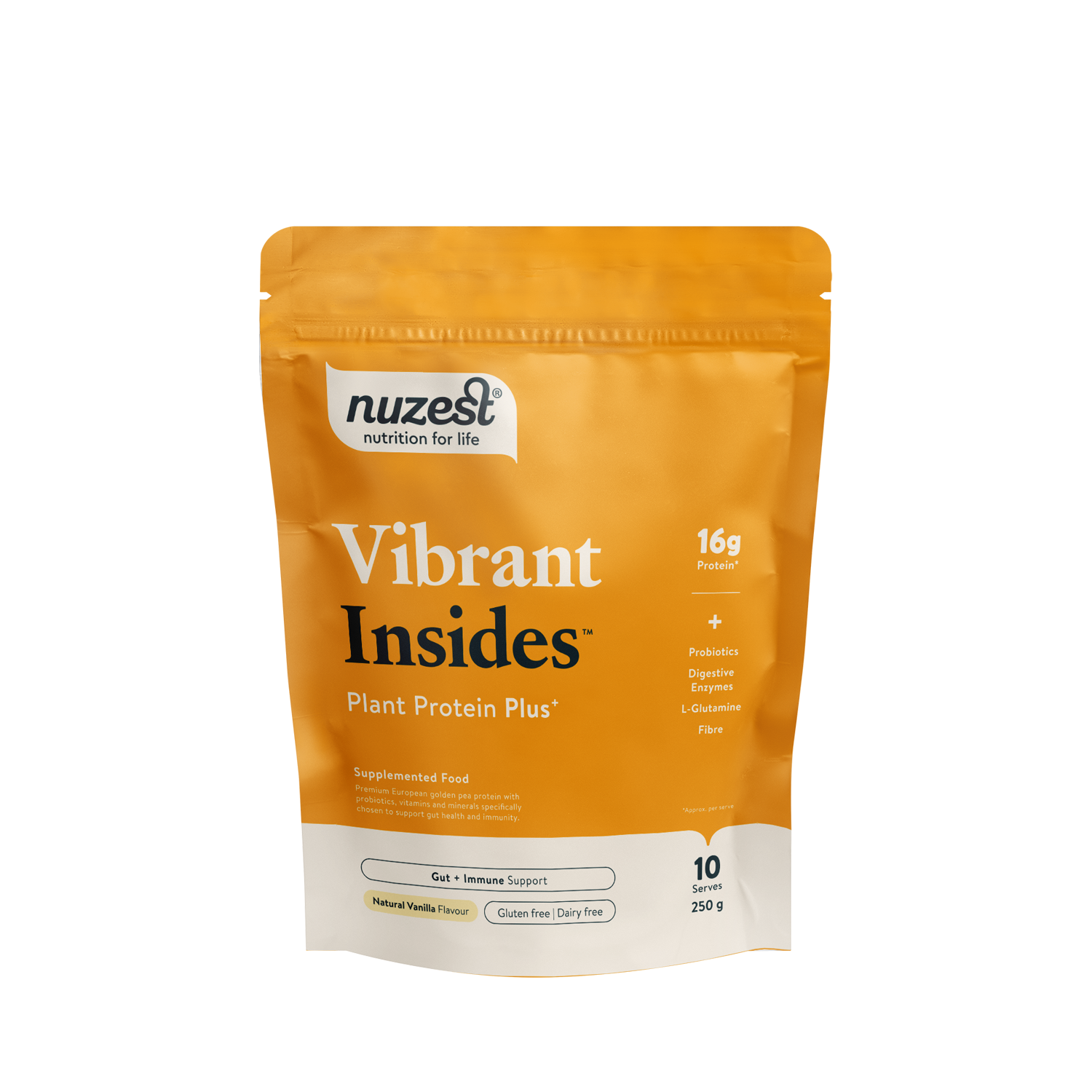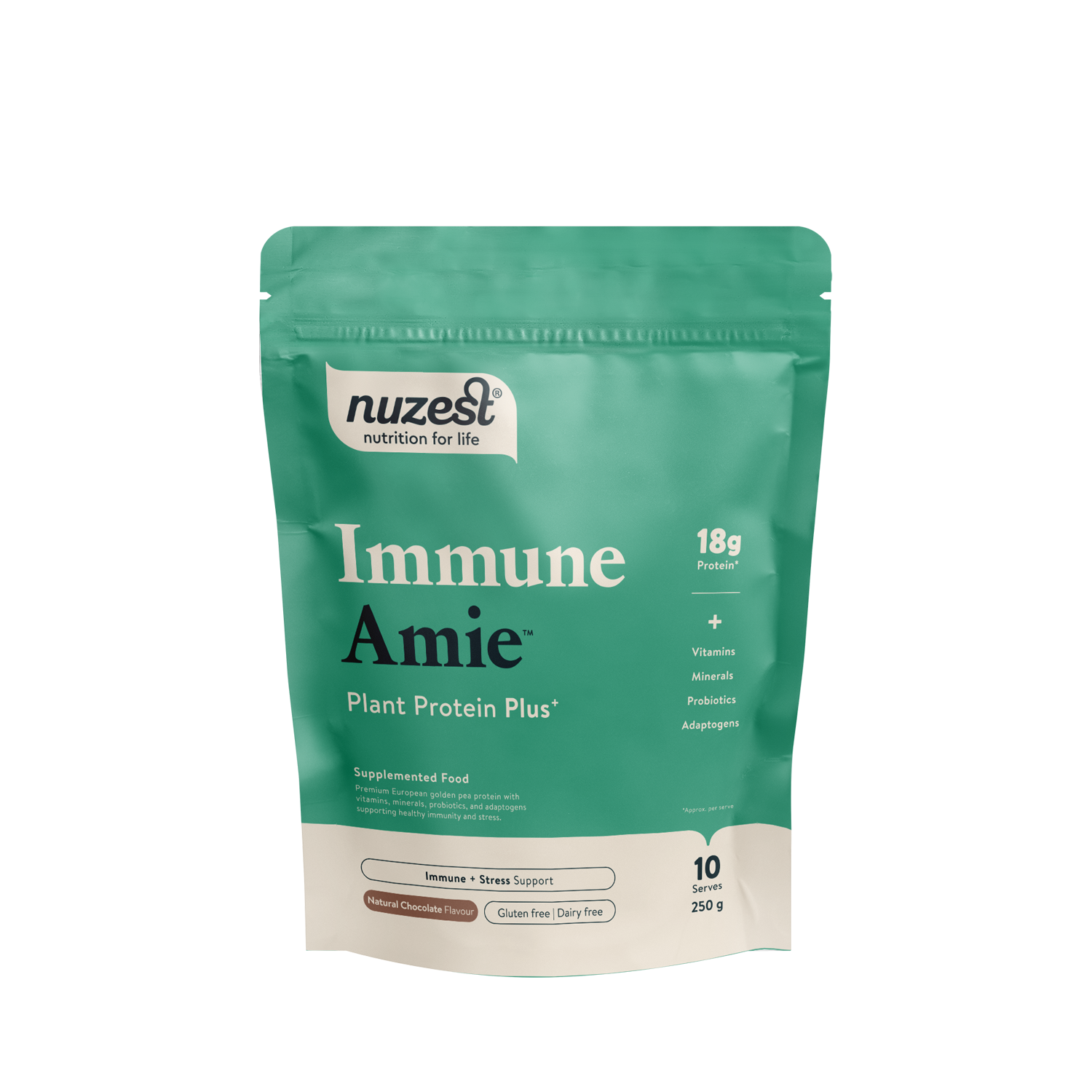You've got the idea now that we need to drop all the clap-trap about 'stress management' and do things differently in the name of 'stress transformation'. People who say they like stress normally mean they like a challenge. If you like challenges and you are something of a high-achiever, you probably have the reserve to deal with the level of stress in your life. We can think of that as positive stress and it often creates an increase in your performance at least for a while. But if you over-extend yourself, don't give yourself enough opportunities for recovery, it can all start going pretty pear-shaped - and sometimes quite quickly. The trick is to avoid this happening altogether or to change what you're doing as soon as you experience any or all of the early warning signs that tell you you're not coping.
You found out in Meleni's last blog how you can use lifestyle to transform stress. Now let's look at how you can use nutrition to improve your reserves or capacity to handle stress. You'll recall that it's chronic, ongoing stress that causes the greatest problems as our bodies are simply not designed for it. We need the sympathetic nervous system and its intimately linked endocrine system, that includes the HPA axis which in turn initiates the cascade of events that triggers the stress response, to be in fine fettle. We also need the parasympathetic system - the counterbalance - that helps restore balance and normality again to be in equally good shape and ready for business. This requires healthy cells throughout the body - nerve and glandular ones in particular. It necessitates strong, flexible and resilient muscles, and a gastrointestinal system with its associated gut flora to be great shape. All the resources needed by all these cells and tissues need to be on hand for peak function each and every day.
What should my nutritional toolbox look like?
On the resources front, right up there is folate, the key vitamin required for one-carbon metabolism, the system in our bodies that allows new cells to be formed. But B vitamins work as a team, so we need the complete football team including thiamine (B1), riboflavin (B2), niacin (B3), pantothenic acid (B5), pyroxidine (B6), methylcobalamin (B12) and biotin (B7). A stressed body with high energy demands needs these not just at the minimum levels required for survival, but at higher levels to allow us to face the challenges head on.
Your adrenal glands have a particular requirement for supplementary pantothenic acid (B5), with up to 250 mg a day being about right for many adults. If you eat a very well balanced diet, day in day out, you can get these vitamins at the government recommended de minimis levels. But an adrenally stressed body generally requires supplementation on top. Vegetarians and vegans will find it almost impossible to acquire enough vitamin 12 from the diet, so a supplement containing the bioactive form, methylcobalamin, is strongly recommended. Also, give supplements containing the folic acid form of folate a miss, as this can accumulate in the blood and cause long-term health problems. You're better off using supplements that contain the stabilised, bioactive form of folate, 5-methyltetrahydrofolate (available in the calcium or glucosamine bound forms), that contain the same essential form that exists in green-leaved veg like spinach and kale that's notoriously unstable.
You then need to make sure you're replete with all the cofactors your body needs to ensure its energy and musculo-skeletal systems are fully supported. That means a gamut of vitamins and minerals in optimised forms, including vitamin K, plenty of magnesium, potassium and some boron.
You'll need to be consuming ample protein (1-2 g per kg body weight), healthy fats and carbs, particularly complex ones from vegetables or grains, preferably gluten-free ones to reduce additional stress on the all-important gut. Around half your 'daily food plate' should consist of a diverse range of veg, with a smaller amount of fruit, that reflect all six colours of the phytonutrient spectrum (namely green, red, orange, yellow, blue/black/purple and white/tan)
Speaking of the gut, it needs all the help it can get. That means not overloading it all the time by snacking often or eating loads of sugar and other refined carbs. Your intake from sugars shouldn't exceed more than 5% of your total daily energy intake and bear in mind most people in Western countries are three times over this level!
Two to three solid, balanced, varied and not oversized meals a day is the maximum amount of food most people need. Snacks are not only unnecessary they can stress your body unless you're burning huge amounts of energy by way of some kind of endurance activity. On some days, especially if you're expending less energy, you might be down to just one or two meals a day, again with no snacking in between. It's the fasting phases between meals that are so important for recovery and rebuilding. Food is in fact a stressor: it triggers release of cortisol and it upregulates the immune system because the body needs to be on red alert to determine if the food you're consuming is friend or foe.
Eat less, and less often, you put less stress on your system overall. You allow your gastrointestinal lining more time to recover and rebuild, bearing in mind the cells of your gut lining like to replace themselves every 2 days as compared with every 8 years or so for the neurons in your brain. You also benefit from giving the trillions of microbes in your gut some respite so they can be primed for their essential role in digestion and as key regulators of immune health. Add to this a need for some probiotics and prebiotics to help your digestive tract assimilate and handle food with minimum fuss. Throw in some good digestive herbs, like dandelion, hawthorn, globe artichoke and slippery elm - and a bunch of plant-based antioxidants like citrus bioflavonoids, quercetin, grapeseed extract, turmeric, green tea extract and resveratrol - and your tool box is starting to look well stocked
Take homes
Let's boil all of this down to three simple take-home messages.
First, eat a balanced and varied diet that is heavily plant-based, includes all the 6 colours of the phytonutrient spectrum, yet avoids refined carbohydrates like sugar and white bread.
Second, take a super-high digestibility protein like Clean Lean Protein on a daily basis if you're vegetarian or vegan, you don't eat a lot of meat or fish, you exercise a lot or your immune system needs some extra support. As sleep is so crucial to recovery, if you struggle with getting a good night's sleep, down a Clean Lean Protein shake an hour or so before bed. For those who need some further help, you can enhance the levels of your feel-good neurotransmitter serotonin even further by adding 200 mg of tryptophan as a supplement which will slightly more than double the amount of natural-occurring tryptophan you get in a 25g serving of Clean Lean Protein.
Third and finally do you recall all the vitamins, minerals, botanicals, antioxidants, pre-and probiotics mentioned above that can help a stressed body and brain? Well, you'll find 77 of them in the incredible Good Green Stuff. We urge you get a full 10 gram serving into you every day, especially if you're under pressure. We formulated it specifically for the modern human, where stress in its multitude of different forms has become a natural part of life.
You're now ready to chill

